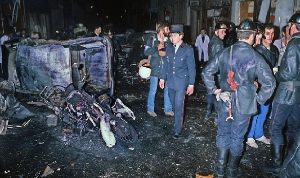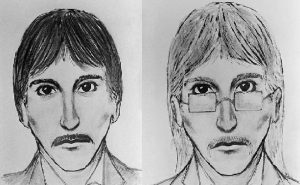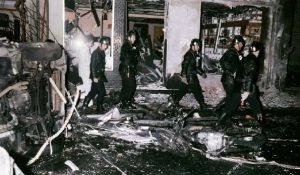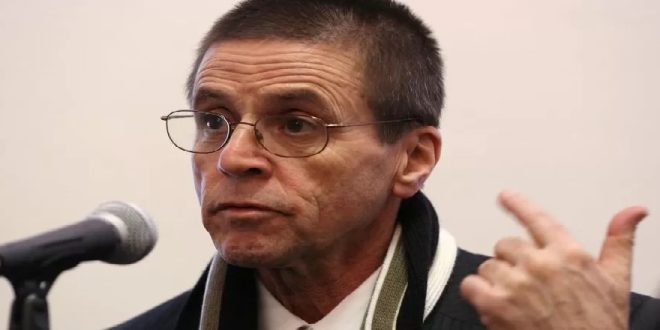22-04-2023
PARIS: More than 42 years after the deadly bombing of a Paris synagogue, a court in Paris has convicted a Lebanese-Canadian university professor of carrying out the attack.
The judges decided that Hassan Diab, 69, was the young man who planted the motorcycle bomb in the Rue Copernic on 3 October 1980.
 Four people were killed and 38 others wounded in the bombing.
Four people were killed and 38 others wounded in the bombing.
Diab called his situation “Kafkaesque”, Canadian media reported.
He refused to attend the trial but the judges gave him a life sentence.
Prosecutors had argued it was “beyond possible doubt” that he was behind the bombing. His supporters have condemned the trial as “manifestly unfair”.
The Rue Copernic attack was the first to target Jews in France since World War Two, and became a template for many other similar attacks linked to militants in the Middle East in the years that followed.
The decades-long investigation became a byword both for protracted judicial confusion, as well as for the dogged determination of a handful of magistrates not to let the case be forgotten.
Diab is a Lebanese of Palestinian origin who obtained Canadian nationality in 1993 and teaches sociology in Ottawa.
He was first named as a suspect on the basis of new evidence in 1999, already nearly 20 years after the killings.
Eight years later the French issued an international arrest warrant, and it was not until 2014 that Canada agreed to  extradite. But in 2018 French magistrates declared the case closed for lack of proof, allowing Diab to return to Canada.
extradite. But in 2018 French magistrates declared the case closed for lack of proof, allowing Diab to return to Canada.
Finally in 2021 an appeal against the closure of the case was upheld in the Supreme Court, the first time this had ever happened in a French terrorism case.
It meant a trial could finally go ahead, and it began earlier this month.
From the start Diab, protested his innocence and he did not return to France for the trial, which was conducted in his absence. His conviction means that a second extradition request will have to follow, though with strong doubts over whether it will succeed.
According to the Canadian Press news agency, Diab said on Friday that “we hoped reason would prevail”. Responding to the verdict, the Hassan Diab Support Committee in Canada called on Prime Minister Justin Trudeau to make it “absolutely clear” that no second extradition would be accepted.
They said 15 years of legal “nightmare… is now fully exposed in its overwhelming cruelty and injustice”.
At a news conference, Trudeau said his government “will look carefully at next steps, at what the French government  chooses to do, at what French tribunals choose to do” but “we will always be there to stand up for Canadians and their rights,” he added. Over three weeks the court heard an account of the known facts of the case, plus arguments identifying Diab as the bomber and counter-evidence suggesting he was a victim of mistaken identity. None of the original investigating team was alive to speak, and the surviving witnesses who saw the attacker in 1980 all admitted that after more than 40 years their memories were too hazy to be reliable.
chooses to do, at what French tribunals choose to do” but “we will always be there to stand up for Canadians and their rights,” he added. Over three weeks the court heard an account of the known facts of the case, plus arguments identifying Diab as the bomber and counter-evidence suggesting he was a victim of mistaken identity. None of the original investigating team was alive to speak, and the surviving witnesses who saw the attacker in 1980 all admitted that after more than 40 years their memories were too hazy to be reliable.
The bomb was left in the saddle-bag of a Suzuki motorbike outside a synagogue in the wealthy 16th arrondissement of Paris. Had there not been a delay, the pavement would have been packed with people leaving the religious service inside.
In 1980 the investigation initially centred on neo-Nazis, and there were mass demonstrations by the political left but a claim by an ultra-right group was found to be fake, and by the end of the year attention had switched to a Middle East connection. The bomber was identified as having a fake Cypriot passport bearing the name Alexander Panadriyu. (Int’l News Desk)
 Pressmediaofindia
Pressmediaofindia




